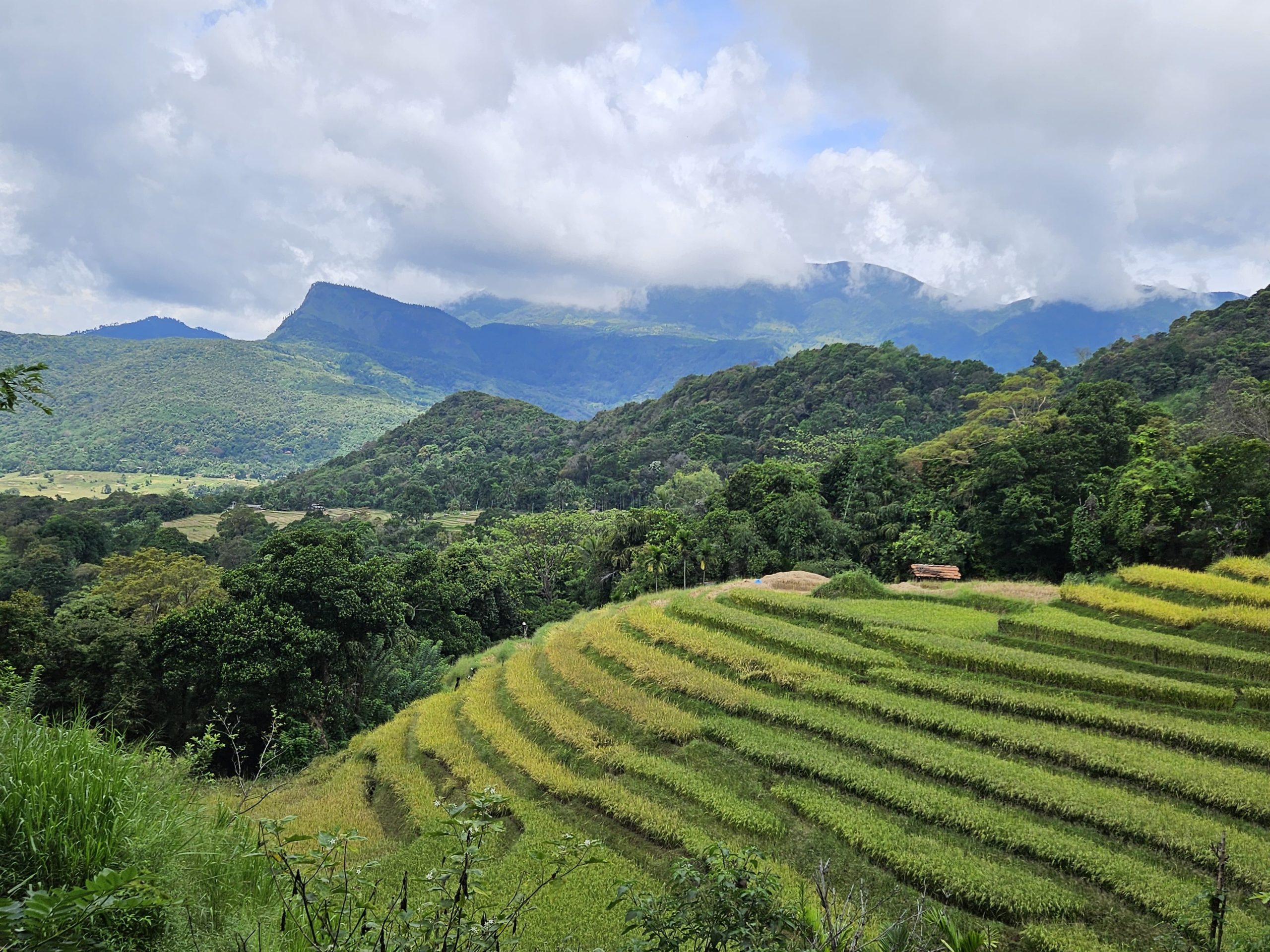Description
This project will enhance the ability of populations, especially that of the smallholder subsistence farmers to address climate induced shortages of irrigation and drinking water by improving the resilience of farm and land management practices and climate proofing the underlying ecosystems in the Knuckles / Amban Ganga highlands and lowlands. Climate smart project investments in agriculture and water sectors ensure the resilience of agriculture and value-added livelihoods in the area while protecting and complementing the public investments of Moragahakanda multipurpose irrigation scheme and other development programmes. In achieving its objectives, the risks related to increased temperatures, changes to rainfall frequency and intensity, and the impacts of extreme events that cause extended droughts, frequent floods, severe landslides, and silting of reservoirs and tanks, contributing to different aspects of water supply and demand in the project area which increase the vulnerabilities of small-scale farmers, plantation operations and the natural ecosystems on which they depend are mitigated.
Key project activities comprise: participatory governance and adaptive planning, establishment of climate adaptation information portals and advisory services, improved access to agricultural water supply and affordable renewable energy, participatory selection and implementation of best-fit climate-adaptive land management options to suit ecosystems, and value chain upgrading—to include product development, value-adding processes, farm business enterprises and standards and market access. The six-year project aims to induce transformative change and develop replicable financial models, electronic transaction systems and incorporate ecosystem payments into planning as a resilience model. The project also facilitates the development of a participatory exit strategy to build the local capacity to sustain project achievements and subsequent progress in the post-project period. Primary measurable benefits will include: i) 1.3 million people (51.4 % women) who will benefit from the adoption of diversified, climate-resilient livelihood options; ii) 346,000 hectares of upland and lowland agro-ecosystems and natural ecosystems protected and strengthened in response to climate variability and change.





























